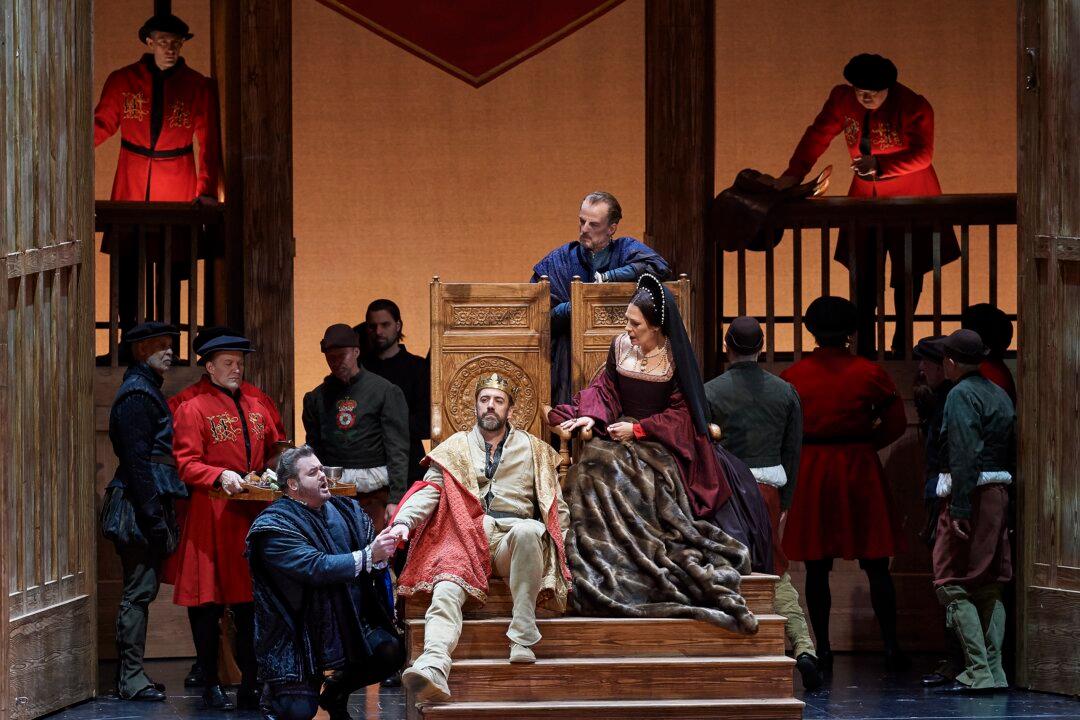At her trial for adultery and treason against her husband, the king, Anne Boleyn spoke calmly—her speech was neither accusatory nor defamatory. Her words were surprisingly introspective.
The disgraced queen reflected on her own faults. She had shown a lack of humility toward a kind husband and expressed jealousy toward him. But, she added, those were her only faults as a wife—she was innocent of all other accusations.





